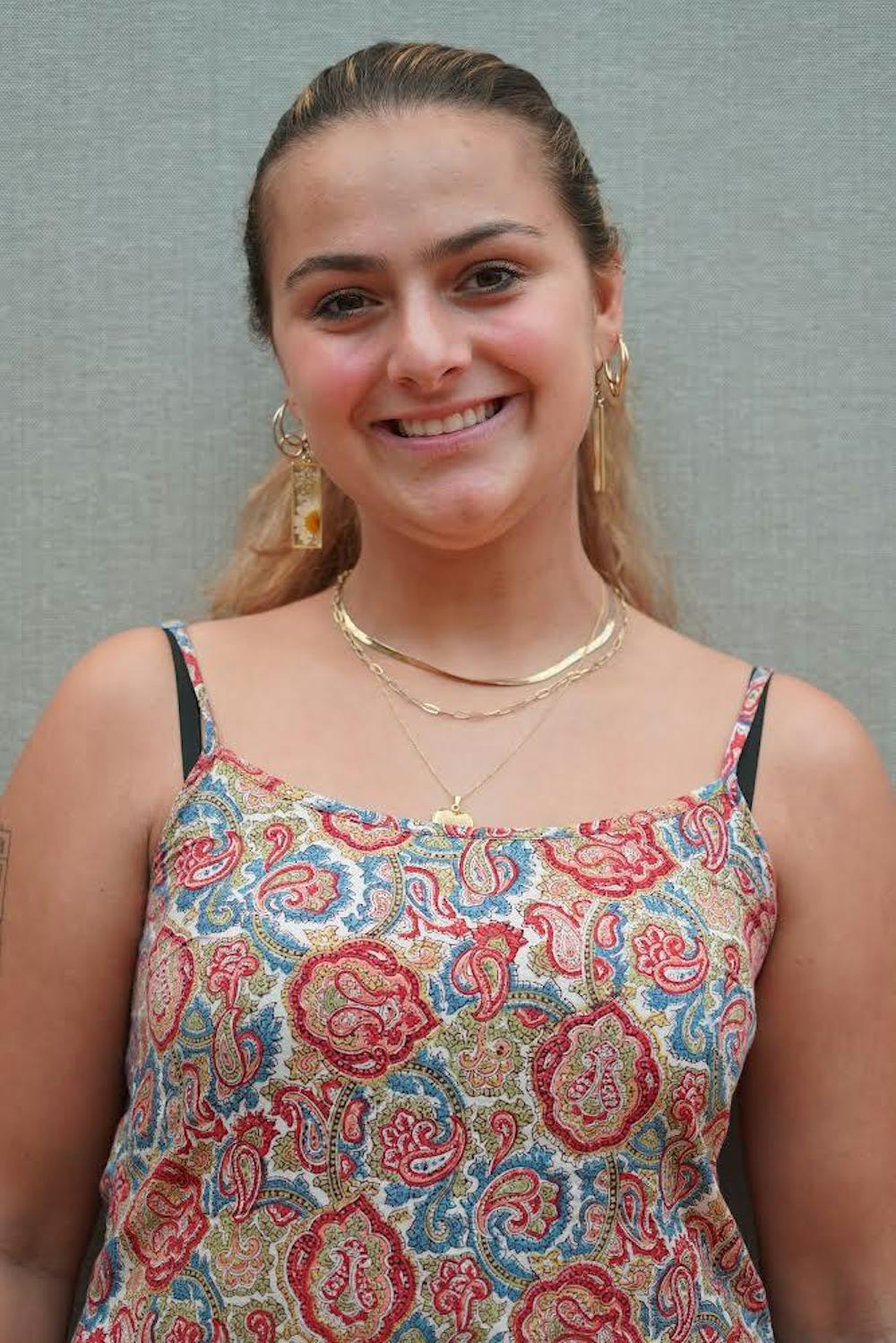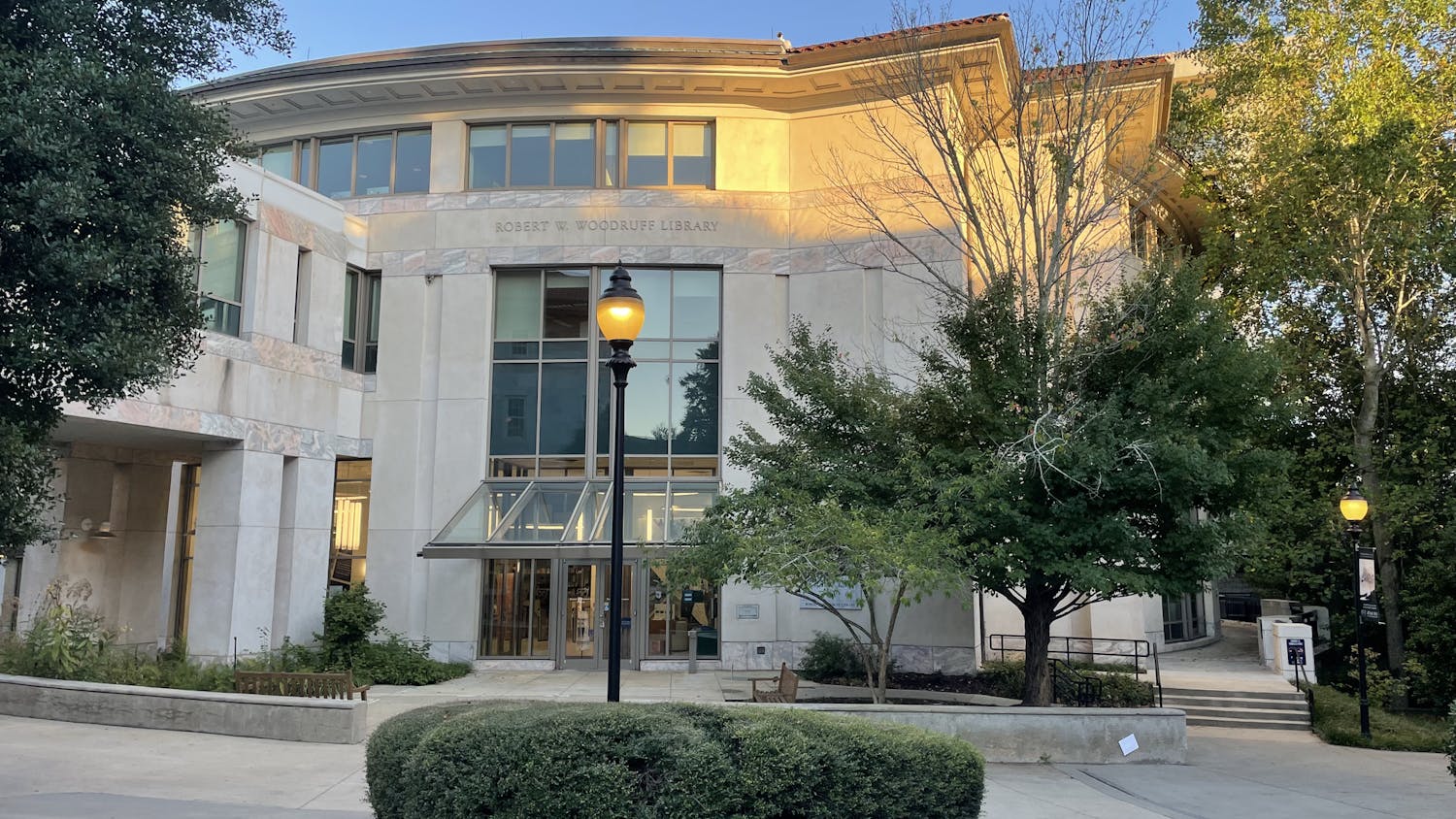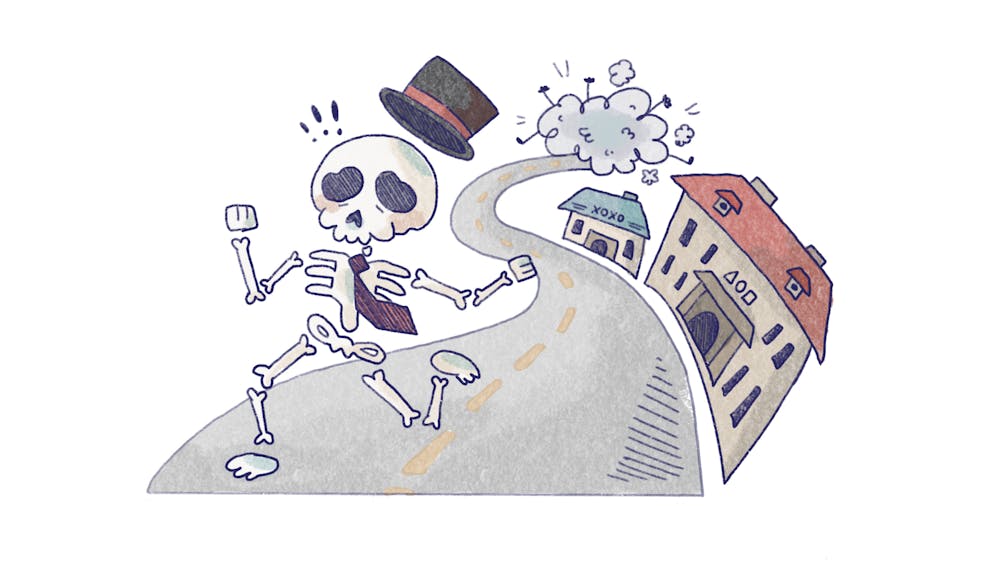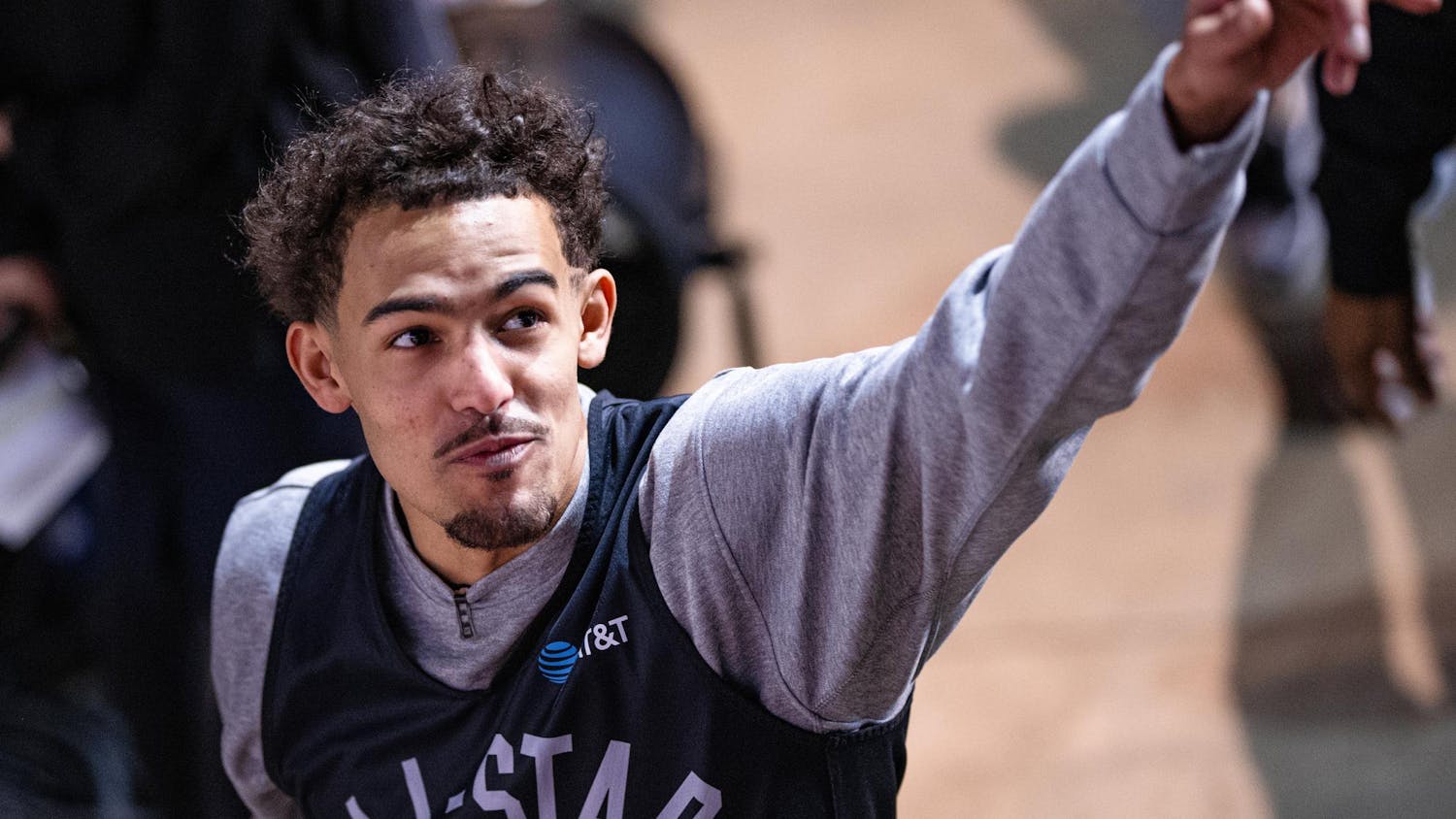Content Warning: This article contains references to disordered eating.
It is hard to believe that three years ago, I was calling my mom regularly, overwhelmed by the challenges of college. As a freshman at Emory University, I felt lost. I struggled to feel smart or involved and couldn’t even enjoy a three-minute walk to the dining hall. At the time, I was still recovering from anorexia, a battle that had consumed much of my high school experience. Attending college had never been a given. My internal battle with food and body image left me physically weak and emotionally exhausted, and I knew that if I could not maintain my physical health while adapting to college, I would have to return home.
My first year at Emory was filled with uncertainty, anxiety and self-doubt. In the midst of it all, however, I was incredibly lucky to meet the kindest, most uplifting person, who quickly became a constant source of stability and positivity in my life. From dinners at the Dobbs Common Table to late-night study sessions, we were inseparable. Her support made the overwhelming challenges of college feel more manageable, and with her encouragement, I began stepping out of my comfort zone to embrace new experiences. I became more involved on campus, joining the Indian Cultural Association (ICA) and the Student Programming Council (SPC), both of which offered amazing opportunities to connect with thriving communities, take on meaningful responsibilities and grow as a leader.
When I started my sophomore year, I never imagined how deeply I would come to understand the power of community — or how much I would grow while trying to serve it. As the vice president of finance for both ICA and SPC, I managed a budget that impacted hundreds of students and learned how financial decisions can shape culture and connection on campus. My proudest moment came during Diwali, Emory’s largest off-campus event. As I watched 850 students, staff and campus administrators from all across the world jam to traditional Desi music on the dance floor, I could see the impact of my work. I was creating a space where people could either reconnect with their heritage or discover the richness of someone else’s. At the same time, I was leading a research project at the Nell Hodgson Woodruff School of Nursing on weight-neutral approaches to preventing and improving Type 2 diabetes. It was extremely personal work — rooted in both science and my own lived experience — and it taught me how research, like programming, could be a tool for advocacy and care.
In my junior year, I was elected as co-president of ICA. Although I felt prepared from prior leadership roles, I encountered doubts from individuals outside the organization who questioned whether I was “Indian enough” to represent the community, seeing as I am “only” half-Indian. These moments of conflict were difficult but became a driving force for me to prove to others and to myself that I belonged. I also received immense support from individuals within ICA who advocated for me, recognizing my effort, dedication, diverse perspective and passion.
Beyond this, one of the most meaningful and influential roles I held at Emory was serving as SPC executive vice president this year. With my co-presidents, I led a team of 65 students who coordinate 30 events each year, from large-scale concerts and spirit weeks to quieter moments of connection. Being part of the event planning process and watching crazy ideas turn into memories has been one of the most rewarding parts of my college experience.
Thinking back to where I was four years ago, it is hard to believe I am here today. When I decided to attend Emory with all my health issues, I struggled to feel confident in myself and my abilities. College was extremely overwhelming, and I often questioned whether I belonged at Emory. Now, less than four years later, I am fully recovered, graduating from a renowned university that has made me far more confident and resilient.
What began as a leap of faith in my recovery has transformed into a journey of growth, leadership and belonging. My success at Emory has certainly been an unexpected gift and a testament to my strength and willingness to embrace any opportunity I encounter. While I sometimes dream of staying at Emory for a few more years, I know I will graduate fulfilled, having grown personally and made a lasting impact on my community. I am thankful to the sweet girl I met on the first day of freshman year who has been my roommate and best friend ever since, and all the wonderful people I met along the way. I am also grateful to the organizations that have embedded me in our community, allowing me to develop myself and make a positive impact on those around me.
If you or someone you know is struggling with disordered eating, you can reach Emory’s Counseling and Psychological Services at (404) 727-7450. You can reach the National Eating Disorders Association helpline by texting (800) 931-2237 from 3 p.m. to 6 p.m. Monday through Thursday and 1 p.m. to 5 p.m. on Fridays. You can call the hotline at (800) 931-2237 from 11 a.m. to 9 p.m. Monday through Thursday and 11 a.m. to 5 p.m. on Fridays.
Maya Degnemark (25B), originally from Brooklyn, N.Y., majored in business and minored in nutrition science. At Emory, Degnemark served as SPC executive vice president, vice president of finance and new member educator. She was also ICA co-president, vice president of finance and senior advisor. Degnemark is a Woodruff Dean’s Achievement Scholar, and was also involved with Wonderful Wednesday, research at the School of Nursing and worked as a tour guide for the Office of Undergraduate Admission. After graduation, Degnemark will be joining Deloitte in its New York office as a Consulting Analyst.










